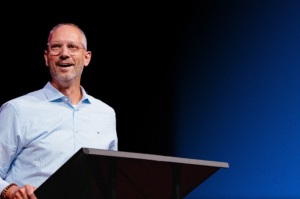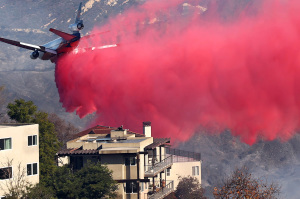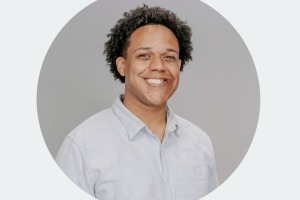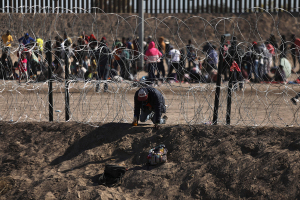Boko Haram responsible for 59,311 orphans, 59,213 widows: Nigerian governor
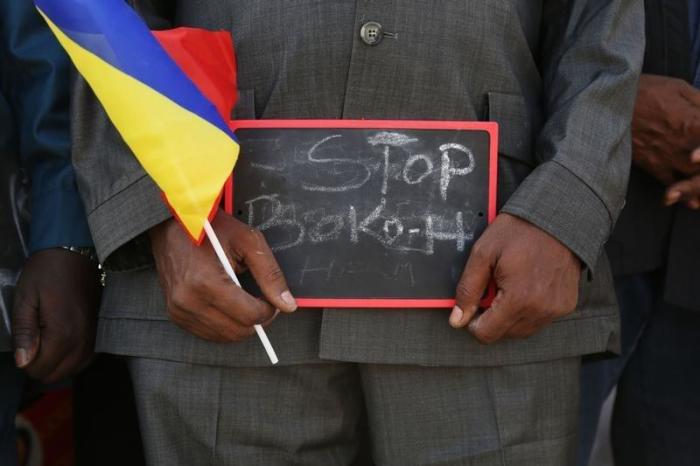
The governor of the Boko Haram-infected Borno state in northeast Nigeria has reportedly revealed that the extremist group is responsible for making tens of thousands of widows and orphans in the state as it continues its reign of terror.
Borno Gov. Babagana Umara Zulum served last week as a guest lecturer at the National Defence College in Abuja. He spoke about his new white paper “Strategic leadership: The challenges of Insurgency in Borno State.”
The lecture was attended by senior military officers and policymakers from inside and outside Nigeria, according to independent online newspaper The Cable.
Zulum, a college professor who was elected last year as Borno's governor, did not mince words as he criticized ineffective government leadership for its inadequate response to the insurgency that continues to wreak havoc in his state.
Boko Haram, which began in 2002, has killed and abducted thousands across the Lake Chad region in recent years and has developed a reputation as one of the world’s deadliest terrorist groups.
Zulum provided a glimpse into how Boko Haram’s violence has impacted over 100,000 people.
According to the Daily Post newspaper, Zulum said Boko Haram is responsible for the creation of 59,311 orphans and 59,123 widows throughout its existence.
Although President Muhammadu Buhari has claimed to have defeated Boko Haram, the group — which has splintered into two different cells — continues to murder and kidnap.
Although Boko Haram did not kill as many people in 2019 as the group has in years past, experts warn the decline is due to a change in a tactic by the militant group to focus more on kidnappings.
The Nigerian government has faced international criticism for its failure to protect citizens and thwart Boko Haram's attacks and abductions.
According to Daily Post, Zulum said part of the problem is an unwillingness of those close to people in power to tell the truth about the situation. He added that there is an unwillingness of political leaders to hear the truth.
“However, telling the truth and accepting the truth has been our major problems in Nigeria,” Zulum said. “Some people will never tell you the truth when you are in power and honestly, many of us in power also do not want to hear the truth, we prefer to be told what we like to hear and that is a serious deficit in leadership in the country.”
Zulum contended that a “strategic leader must be a strategic listener and reader.”
“A strategic thinker must also be a strategic learner,” Zulum was quoted as saying. “A strategic leader must be willing to hear the truth and to learn.”
Zulum’s remarks come weeks after the execution of pastor Lawan Andimi, chairman of the Christian Association of Nigeria’s chapter in the Michika Local Government Area of Adamawa State, gained international headlines.
Andimi was abducted by Boko Haram in January and was seen praising God in a ransom video released online. But days later, Andimi’s killing sparked an outcry from the Christian community and Christian Association of Nigeria. CAN criticized “the very questionable leadership of the security sector.”
On Sunday, thousands of Nigerian Christians participated in a nationwide prayer walk demonstration to call for security and protection led by General Overseer of the Redeemed Christian Church of God, pastor Enoch Adejare Adeboye, along with CAN.
“There are some things that the government can do alone and there are others that they cannot do alone, that is why we have to pray for the country that God should have mercy on Nigeria,” Adeboye told The Nation. “We pray that there will be peace and security in Nigeria. God sees all things and knows where the terrorists are, we pray that God sends His light to Nigeria and expose the evildoers in the country. That God should uproot all their sponsors.”
Buhari pushed back against criticism from the Christian community in a recent op-ed in which he explained that Boko Haram is not “primarily targeting Christians.” He argued that 90 percent of all Boko Haram victims have been Muslims.
“It is a simple fact that these now-failing terrorists have targeted the vulnerable, the religious, the non-religious, the young, and the old without discrimination,” Buhari wrote. “And at this point, when they are fractured, we cannot allow them to divide good Christians and good Muslims from those things that bind us all in the sight of God: faith, family, forgiveness, fidelity, and friendship to each other.”
Nigeria ranks as the 12th worst country in the world when it comes to Christian persecution, according to Open Doors USA’s 2020 World Watch List.
Last month, Nigeria was placed on the U.S. State Department’s “special watch list” of countries that tolerate or engage in severe violations of religious freedom for the first time.
“We are designating [Nigeria] special watch list for the first time because of all of the increasing violence and communal activity and the lack of effective government response and the lack of judicial cases being brought forward in that country,” U.S. Ambassador-at-Large for International Religious Freedom, Sam Brownback, told reporters on a press call in December.
“It is a dangerous situation in too many parts of Nigeria. The government has either not been willing to or have been ineffective in their response and the violence continues to grow.”
Follow Samuel Smith on Twitter: @IamSamSmith
or Facebook: SamuelSmithCP
















